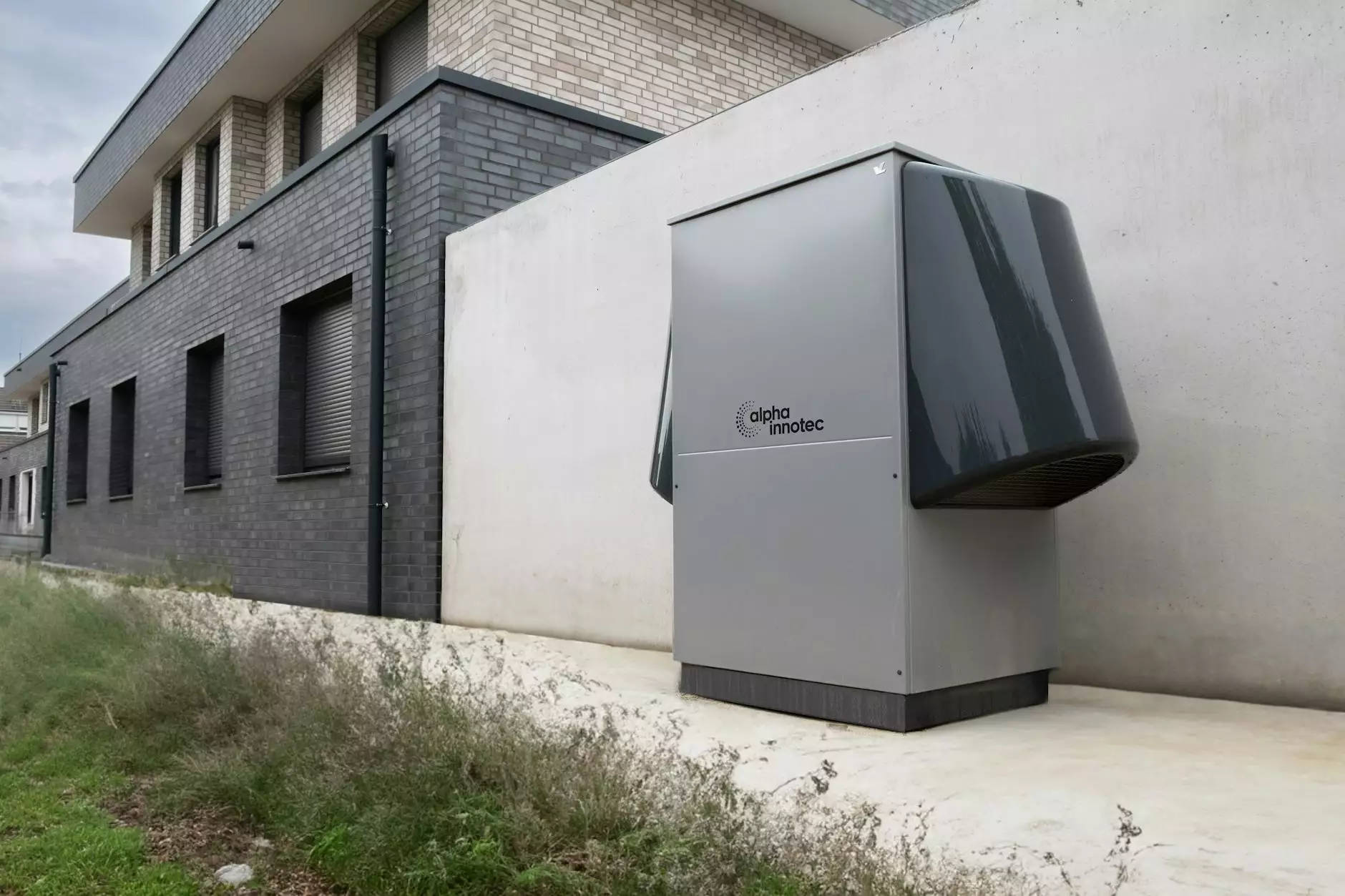Thyroid Cancer Treatment: Comprehensive Guide

Thyroid cancer may seem like an intimidating diagnosis, but with advanced medical technologies and a comprehensive treatment approach, the outcomes have improved significantly over the years. Understanding your treatment options is essential for making informed decisions about your health. This article is dedicated to shedding light on the various aspects of thyroid cancer treatment and helping you navigate through each stage of the process.
Understanding Thyroid Cancer
Before delving into treatment options, it’s essential to have a basic understanding of what thyroid cancer is. This type of cancer originates in the thyroid gland, which is located at the base of the neck. The thyroid is responsible for managing hormones that regulate metabolism, heart rate, and blood pressure.
Types of Thyroid Cancer
There are several types of thyroid cancer, each with distinct characteristics:
- Papillary Thyroid Cancer: The most common type, typically affecting younger individuals. It tends to grow slowly and usually has a good prognosis.
- Follicular Thyroid Cancer: This type also has a good prognosis and often occurs in older adults.
- Medullary Thyroid Cancer: It originates from the parafollicular cells and can be hereditary.
- Anaplastic Thyroid Cancer: A rare but aggressive type that grows rapidly and is more difficult to treat.
Diagnosis of Thyroid Cancer
A definitive diagnosis of thyroid cancer typically involves a combination of tests. Your healthcare provider may recommend the following:
- Physical Examination: Your doctor will examine your neck for any lumps or abnormalities.
- Blood Tests: Blood tests can check hormone levels and detect specific markers.
- Ultrasound: An ultrasound of the thyroid can help visualize any abnormalities.
- Fine-Needle Aspiration Biopsy (FNAB): This involves taking a small sample of tissue from the thyroid to check for cancer cells.
Treatment Options for Thyroid Cancer
Once a diagnosis is confirmed, the treatment plan is tailored to the individual based on the type and stage of cancer. The following are common thyroid cancer treatment options:
1. Surgery
Surgery is often the primary treatment for thyroid cancer. The type of surgery performed may vary:
- Thyroidectomy: This is the surgical removal of the thyroid gland and is performed in cases of papillary or follicular thyroid cancer.
- lobectomy: Involves removing only one lobe of the thyroid and is typically done for localized cancers.
Surgery is usually followed by close monitoring and may include additional treatments depending on the case's specifics.
2. Radioactive Iodine Treatment
After surgery, especially for certain types of thyroid cancer, radioactive iodine therapy may be recommended. This treatment helps destroy any remaining cancer cells. The iodine is absorbed by thyroid cells, making it particularly effective for thyroid cancer.
3. External Beam Radiation Therapy
In cases where the cancer is more aggressive or has spread, external beam radiation therapy may be employed. This treatment uses high-energy rays to target and kill cancer cells.
4. Targeted Therapy
Targeted therapies focus on specific molecules involved in the growth and spread of cancer. These therapies are particularly beneficial for advanced thyroid cancer and may be combined with other treatments to enhance effectiveness.
Managing Side Effects of Treatment
Like any cancer treatment, managing side effects is crucial to ensure a better quality of life during and after treatment. Common side effects may include:
- Fatigue: Many patients experience fatigue; it’s essential to rest and perhaps engage in light physical activity as tolerated.
- Hormonal Imbalances: As the thyroid plays a significant role in hormone production, patients may require lifelong hormone replacement therapy post-surgery.
- Emotional Distress: Grief over a cancer diagnosis and its impact can result in emotional distress; seeking counseling can be beneficial.
After Treatment: Follow-Up and Surveillance
Post-treatment, regular follow-up visits with your healthcare provider are essential for monitoring your health and ensuring no recurrence of cancer. Blood tests and imaging studies may be included in these follow-ups to assess hormone levels and check for any signs of thyroid cancer.
Living with Thyroid Cancer
Life after a thyroid cancer diagnosis can be challenging, but it’s vital to adopt a positive mindset and focus on health and wellness. Here are several strategies that can help:
- Healthy Diet: Consuming a balanced diet rich in fruits, vegetables, lean proteins, and whole grains can aid recovery and overall health.
- Regular Exercise: Engaging in regular physical activity can improve mood and energy levels while assisting in maintaining a healthy weight.
- Support Groups: Connecting with others who have experienced similar situations can provide emotional support and guidance.
Conclusion
Receiving a diagnosis of thyroid cancer can be overwhelming, but understanding the treatment options available can empower you to take control of your health. By working closely with your healthcare team, you can determine the most effective treatment plan, manage side effects, and navigate life after treatment. Remember, early detection and treatment are key to achieving the best possible outcomes in thyroid cancer treatment.
For more information and resources on thyroid cancer treatment, ensure to visit oncologicalsurgery.net.









